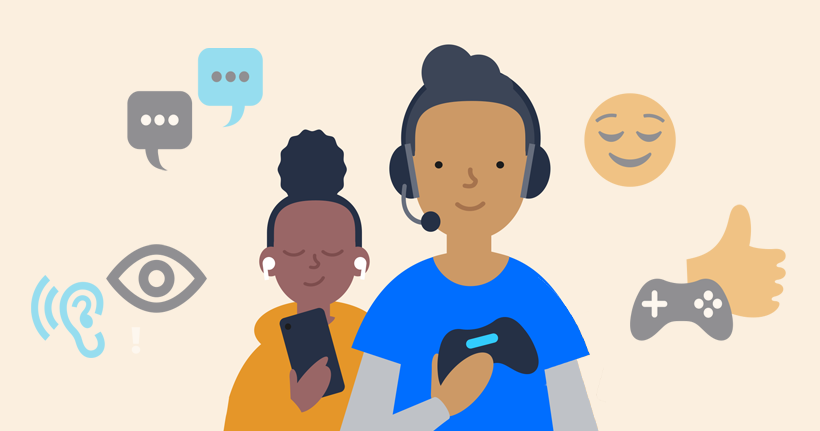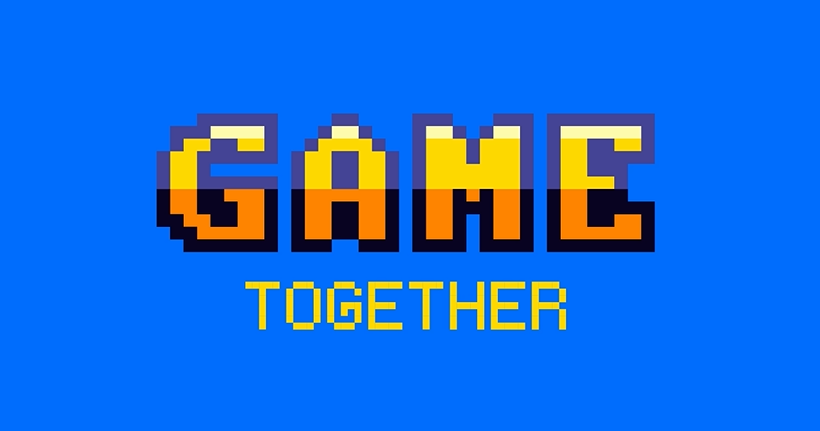How to support neurodivergent young people
To help parents and carers support neurodivergent children as they game, we’ve created a series of videos and guides. Designed to help young people spot risks and take action online, this series encourages online safety to help neurodivergent young people benefit from games.





